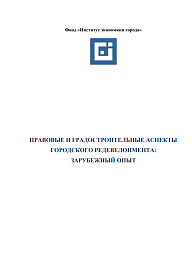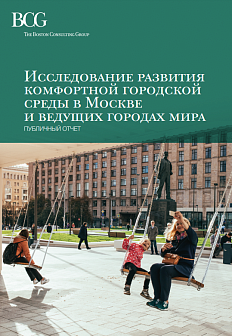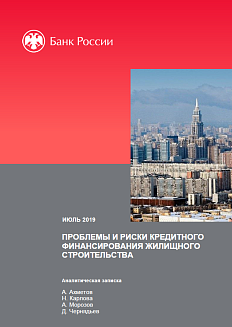Virtually every country has some experience with urban redevelopment, especially in metropolises. The authors of the publication have identified the similarities and differences in enforcement procedures for real estate expropriation for public needs in different countries. In almost all the countries where private ownership of land and real estate exists, the law provides for forced private property expropriation for «public benefit», with a «just» compensation to the owners. The criteria for deciding whether the compensation is «just» are typically based on the market price of the property and any disputes regarding this price are settled in court. Legislative frameworks in different countries vary in their approaches to the problem of defining «public benefit» and deciding whether this notion includes renovation and reconstruction of degraded urban territories, such as areas with a prevalence of run-down buildings, degraded or environmentally damaged territories near industrial facilities, and encumbered or loss-making property. It must be noted that in most countries the law allows to implement such projects if they are aimed at attaining public good.
On the whole, the researchers acknowledge that the currently existing regulatory framework for expropriation of land and other property, including expropriation for the purpose of urban redevelopment, is imperfect in Russia:
- on the one hand, every time when public authorities have an urban planning project which involves expropriation and demolition of capital constructions, the authorities have to prove that this is done «for state or municipal need» because there is no clear definition of this notion. As a consequence, investment projects entail high risks and become less appealing to investors;
- on the other hand, public authorities in some territories introduce exclusive urban planning regulatory systems which give the authorities an unrestricted right of expropriating any kind of property for unlimited state needs. In such an environment, the risks of investing in real property are rising because there is no guarantee that the property will not be expropriated tomorrow;
- the list of state and municipal needs in the legislation doesn’t include the situation when it is necessary to renovate degrading territories, including residential developments (the only case mentioned in the legislation is about demolition or reconstruction of unsafe run-down apartment blocks);
- there is a tendency towards reducing the number of situations when a public hearing is required before an urban planning decision can be taken.
The Russian legislation in the sphere of urban redevelopment is still in the process of formation and leaves many questions unanswered. Clearly, it’s only practical implementation (or non-implementation) of statutory provisions that can give answers to these questions. Alongside Russia’s domestic experience, it would be advisable to consider the extensive and extremely diverse foreign experience with regulation and enforcement practices in the sphere of redevelopment generally and, in particular, the policies related to defining the criteria for identifying territories that require redevelopment.






